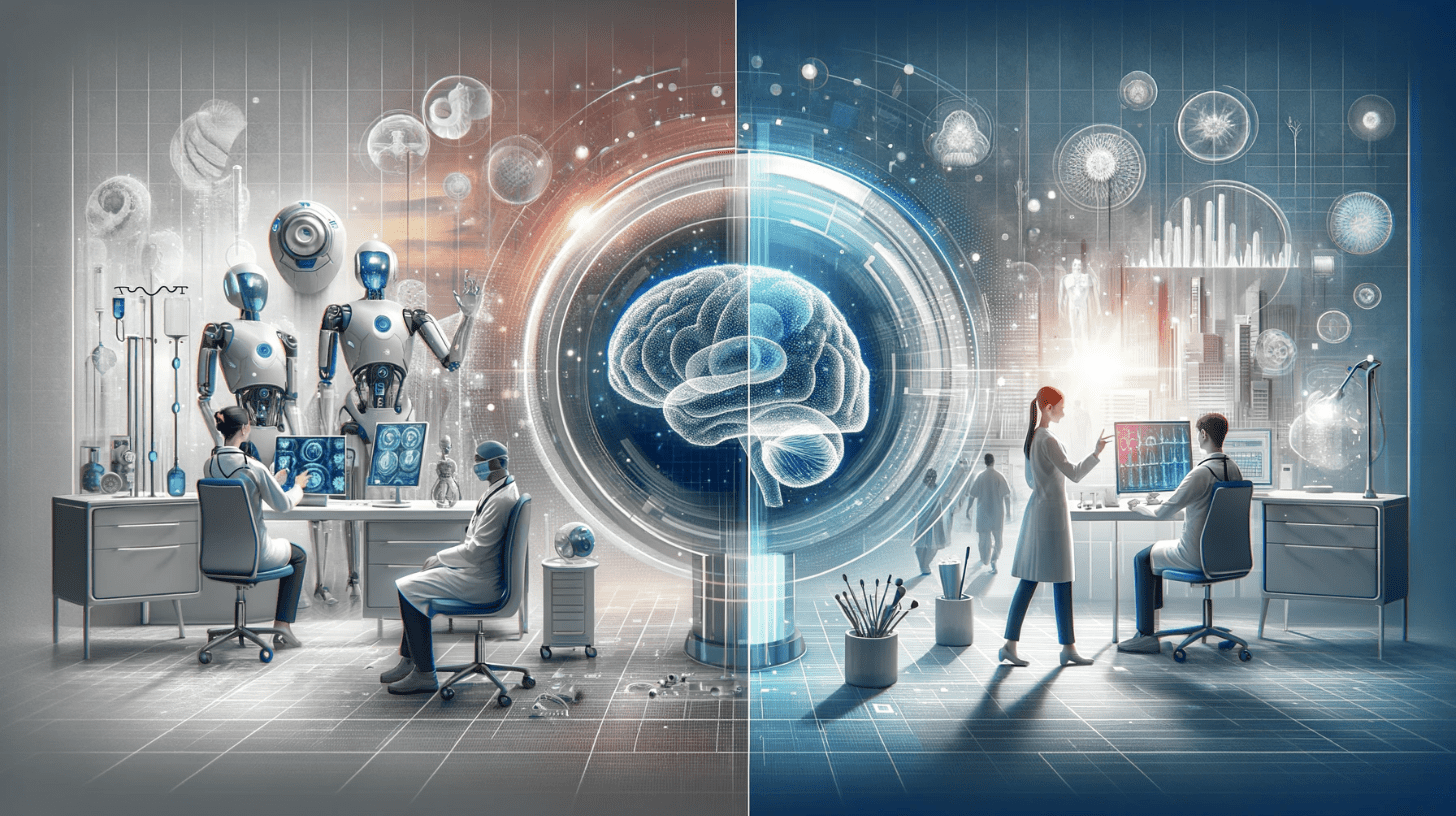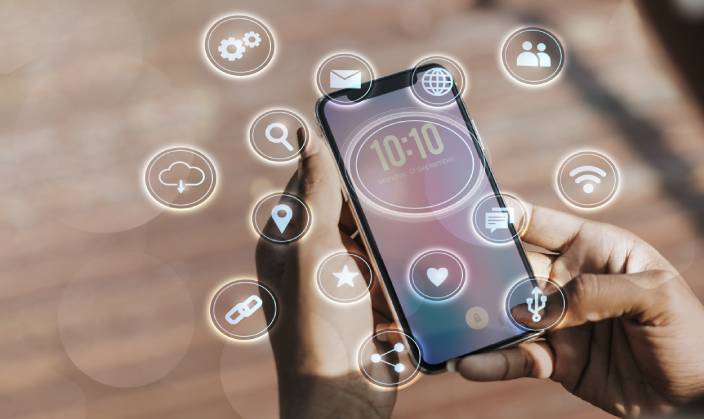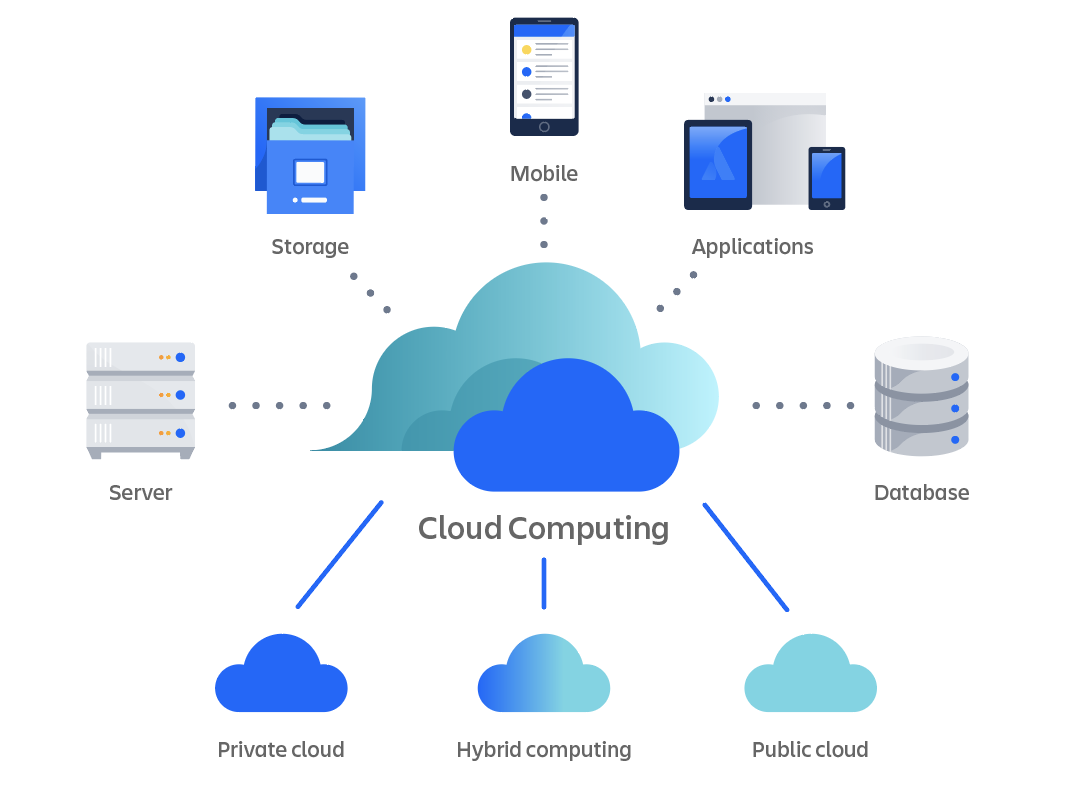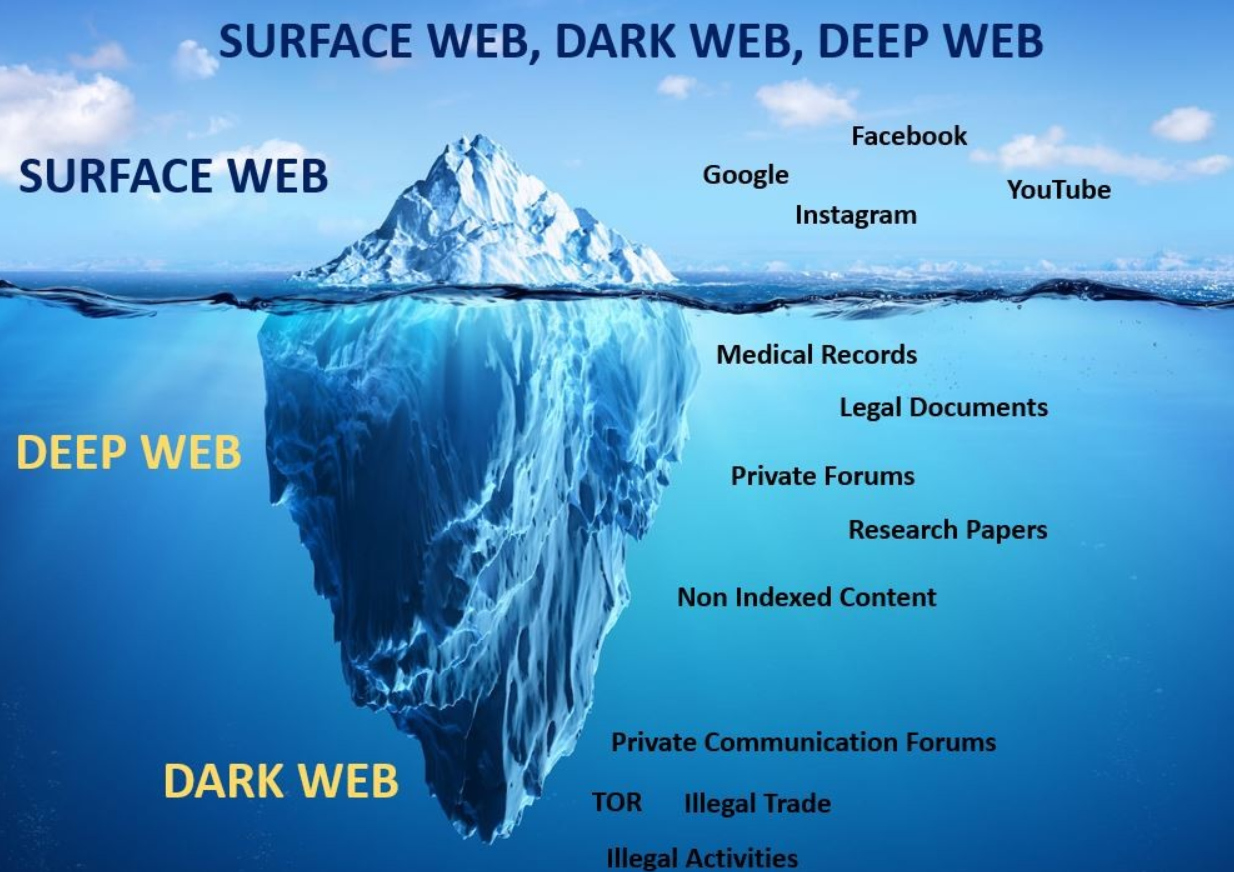
The Role of AI in Healthcare: Diagnosis, Surgery, and Research
Imagine waking up in the morning with a feeling that something isn’t quite right. You don’t know what’s wrong, but you feel off. After a quick online search, you book an appointment with your doctor. But instead of just sitting in the waiting room flipping through magazines, you find yourself walking into a futuristic clinic, where a smart assistant greets you. It’s not a person, but an AI-powered system, guiding you through the process. As you sit down, the doctor has already reviewed your medical history and the results of your scans, thanks to AI’s ability to sift through mountains of data in seconds. This is just one way artificial intelligence (AI) is revolutionizing healthcare, and it’s happening now.
The Journey of AI in Healthcare
Artificial intelligence is no longer the stuff of sci-fi movies; it’s here, making huge strides in transforming the healthcare industry. Over the last few years, AI has been gradually changing the way we approach medical problems. From diagnosing diseases to assisting in surgeries and accelerating research, AI is enhancing how healthcare works and, more importantly, how it helps people live healthier lives.
AI in Diagnosis: Making Faster and Smarter Decisions
Let’s start with the basics: diagnosing diseases. Traditional diagnosis often involves a series of physical exams, lab tests, and multiple appointments before a diagnosis is confirmed. But with AI, things are speeding up, and it’s not just about fast results—it’s about getting the right answers.
Take the case of a radiologist who needs to examine hundreds of X-rays to detect signs of cancer. For a human, this task is time-consuming and challenging, especially when faced with so many images. AI algorithms, however, can analyze these images in seconds, spotting patterns that may go unnoticed by the human eye. This is exactly what AI is doing today. By feeding AI systems large amounts of medical data (like X-rays, CT scans, and MRIs), machines can learn to identify early signs of diseases like cancer, heart disease, and even rare genetic conditions.
For instance, an AI system called DeepMind, developed by Google, has made a breakthrough in detecting eye diseases. In a study, it was shown to match or even outperform human experts in diagnosing diabetic retinopathy, a condition that can lead to blindness if left untreated. With AI, doctors can diagnose patients faster and with greater accuracy, leading to early treatment and better patient outcomes.
AI in Surgery: Helping Surgeons Be More Precise
AI is not only changing how doctors diagnose patients—it’s also revolutionizing how surgeries are performed. While surgeons have always relied on their hands, tools, and expertise, AI is stepping in as a powerful assistant to guide them through complex procedures.
AI’s role in surgery is mostly seen in robotic systems. One of the most famous examples is the da Vinci Surgical System. It’s a robotic system controlled by a surgeon that offers enhanced precision, flexibility, and control. But what makes it even smarter is its AI integration. The system can help surgeons perform minimally invasive surgeries with greater accuracy, which means smaller incisions, less pain, and faster recovery times for patients.
Moreover, AI can also be used in real-time surgery guidance. Imagine a surgeon performing a heart operation. AI-powered tools can analyze data from the patient’s body, like heart rate and blood pressure, to suggest optimal surgical paths. These tools help doctors make informed decisions, ensuring that the surgery goes smoothly and safely.
What’s even more exciting is the potential of AI to assist in robotic surgery where minimal human intervention is required, making procedures safer and more accessible.
AI in Medical Research: Speeding Up Discoveries
Medical research is another area where AI is making significant contributions. Developing new treatments or cures for diseases takes years of research, countless trials, and often, a great deal of luck. However, with AI, the pace of discovery is accelerating. AI has the power to analyze vast amounts of data—data that would take humans years to process—and find patterns that researchers may have missed.
For example, AI has already been instrumental in the search for drugs to fight COVID-19. Researchers used AI algorithms to quickly sift through existing medicines and predict which ones could be effective against the virus. In fact, AI-powered platforms helped identify several promising candidates for clinical trials much faster than traditional methods.
Beyond drug discovery, AI is also helping researchers better understand diseases. By analyzing patient data, AI can uncover patterns and trends that give insights into the causes of diseases like cancer, diabetes, and Alzheimer’s. This research helps scientists create more effective treatments and even personalize medicine based on an individual’s genetic makeup.
Real-World Applications of AI in Healthcare
Now that we’ve covered some of the theoretical ways AI is making an impact, let’s take a look at how it’s being used in the real world.
- AI in Virtual Health Assistants: Imagine you don’t feel well but don’t have time for a doctor’s visit. AI-powered virtual assistants like Babylon Health are here to help. These assistants can analyze your symptoms and provide basic medical advice or even schedule a consultation with a doctor. They’re available 24/7, which means you can get help whenever you need it.
- AI in Personal Health Monitoring: Wearables like Fitbit and Apple Watch use AI to monitor your health in real-time. These devices can track things like heart rate, sleep patterns, and even stress levels. If anything unusual is detected, the AI in these devices can alert you to seek medical help.
- AI in Drug Development: Companies like Atomwise are using AI to speed up the discovery of new drugs. Atomwise’s system uses AI to predict which drug compounds could work best for certain diseases, greatly shortening the time needed to develop new treatments.
- AI in Personalized Medicine: AI can also help tailor treatments to individual patients. For example, IBM’s Watson for Oncology analyzes the medical records of cancer patients and matches them with the most effective treatments. This kind of personalized care ensures that patients receive the most appropriate treatment for their specific condition.
Challenges and Ethical Considerations
As promising as AI in healthcare is, there are also challenges. One of the biggest concerns is ensuring that AI systems are trained with diverse and accurate data. If AI is trained on biased data, it can lead to incorrect diagnoses or treatments.
Another challenge is the question of patient privacy. With AI systems processing large amounts of sensitive data, there’s a need to ensure that personal health information remains secure and private.
There’s also the issue of trust. AI may be able to diagnose diseases faster and more accurately, but can patients and doctors trust these systems entirely? While AI can be a powerful tool, it’s important for healthcare professionals to use it as an assistant, not a replacement for human judgment.
Looking Ahead: The Future of AI in Healthcare
The future of AI in healthcare looks bright. As technology improves, AI will continue to play a crucial role in diagnosing diseases, assisting in surgeries, and accelerating medical research. We might even see AI-powered doctors who can make decisions based on data from thousands of patients, providing personalized care in ways we never thought possible.
The key takeaway is that AI is not here to replace doctors or healthcare workers. Instead, it’s here to enhance their abilities, helping them make faster, more accurate decisions, and ultimately saving lives.
So, next time you visit your doctor, you might not just be interacting with a human expert—you might also be interacting with a highly advanced AI system, working behind the scenes to help provide the best care possible. And that’s the exciting future of healthcare, all thanks to the power of AI.



Leave a Reply